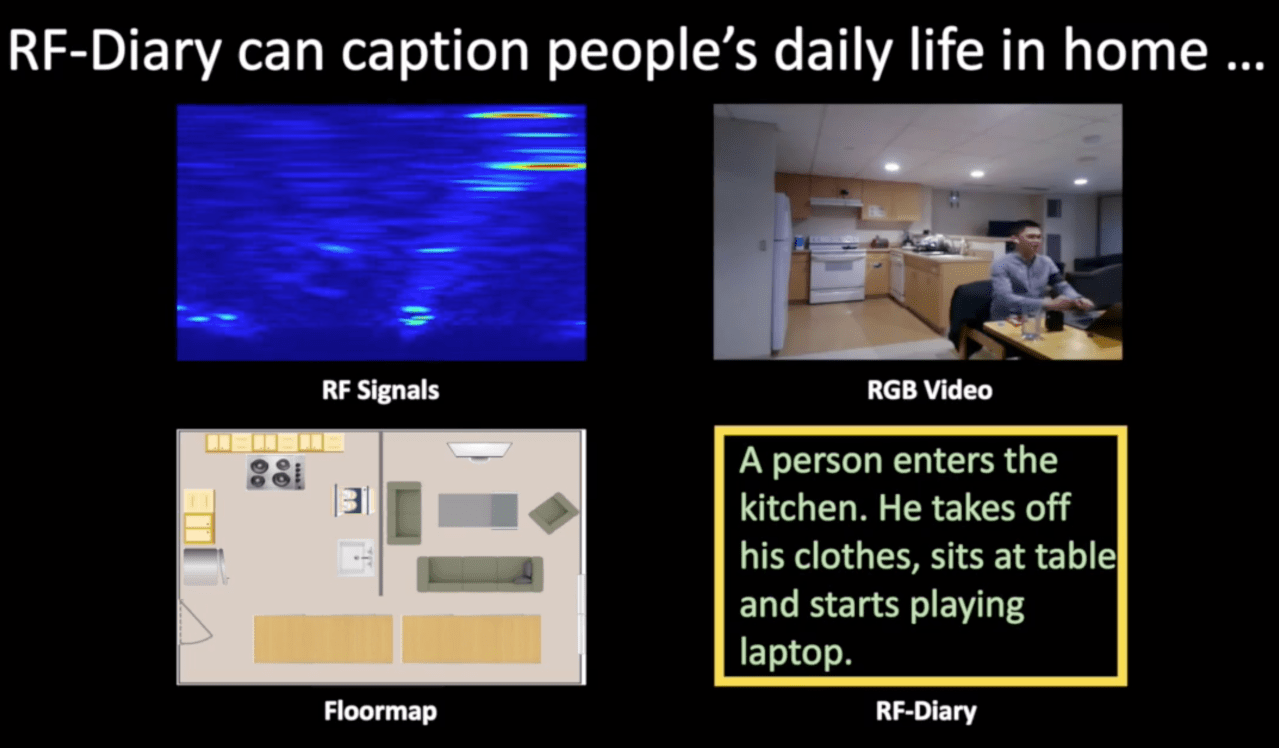As our population ages, the demand for quality care solutions escalates. Striking a balance between monitoring elderly residents and respecting their privacy poses a major challenge for care facilities. Enter MIT’s groundbreaking work in technology with the introduction of the RF-Diary system, a fully wireless monitoring solution that offers a fresh perspective in long-term care. Developed by researchers at MIT’s Computer Science and Artificial Intelligence Lab (CSAIL), this technology is showing promise in ensuring safety without compromising individual privacy.
The Technology Behind RF-Diary
The RF-Diary system cleverly utilizes wireless signals to monitor residents’ activities without the intrusion of cameras or video surveillance. Here’s how it works:
- Activity Recognition: Through a comprehensive mapping process of living spaces, RF-Diary can discern various activities, including sleeping, reading, cooking, and watching TV. The system learns from a library of known activities previously performed by individuals in similar environments.
- Privacy Preservation: Unlike traditional video monitoring, RF-Diary maintains the residents’ privacy while providing real-time insights into their well-being. The removal of visual data means there are no recorded images of the individuals involved.
- Impressive Accuracy: The RF-Diary system has shown an impressive capacity for accuracy, identifying activities with over 90% success even under challenging conditions like low light or obstructions.
Applications in Care Facilities
The implications of incorporating RF-Diary into care facilities are multifaceted. With the system’s ability to monitor vital signs and general movements, it presents a comprehensive solution to enhance care quality while reducing the resource burden on these institutions. Some potential applications include:
- Increased Safety: The technology allows caregivers to keep tabs on resident activities without disruption, meaning staff can respond promptly to any arising issues.
- Support for Aging-in-Place: Families can stay informed about their elderly loved ones living independently, offering peace of mind while encouraging personal autonomy.
- Remote Monitoring: In light of pandemic-related challenges, RF-Diary fosters safety by allowing health monitoring without requiring in-person visits.
The Road Ahead
As the researchers work towards real-world implementation and commercialization, the RF-Diary system embodies a bright future for monitoring technology in care environments. The ease of use, combined with the solid commitment to privacy, ensures that this innovation is more than just a theoretical concept — it’s a practical solution ready to make a significant impact.
Conclusion
With the introduction of RF-Diary, MIT engineers are not just improving technology; they’re championing a dignified way for our elderly population to receive care and oversight without feeling watched. This transformative technology offers hope for families and caregivers alike, making the journey of caring for loved ones supportive and compassionate.
At [fxis.ai](https://fxis.ai), we believe that such advancements are crucial for the future of AI, as they enable more comprehensive and effective solutions. Our team is continually exploring new methodologies to push the envelope in artificial intelligence, ensuring that our clients benefit from the latest technological innovations. For more insights, updates, or to collaborate on AI development projects, stay connected with [fxis.ai](https://fxis.ai).

